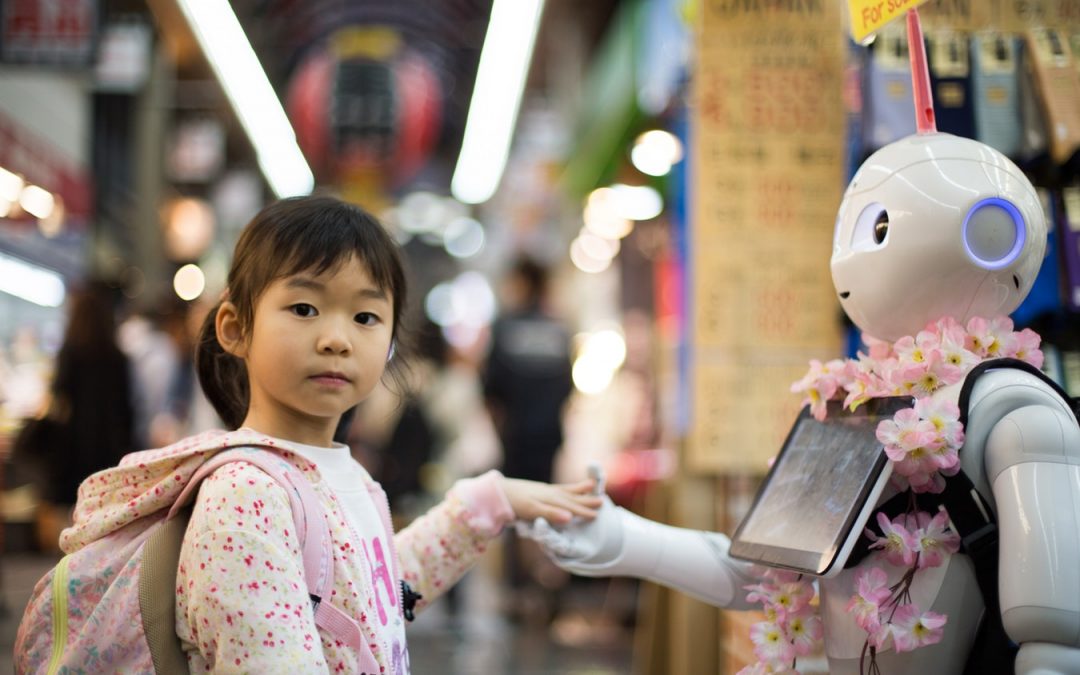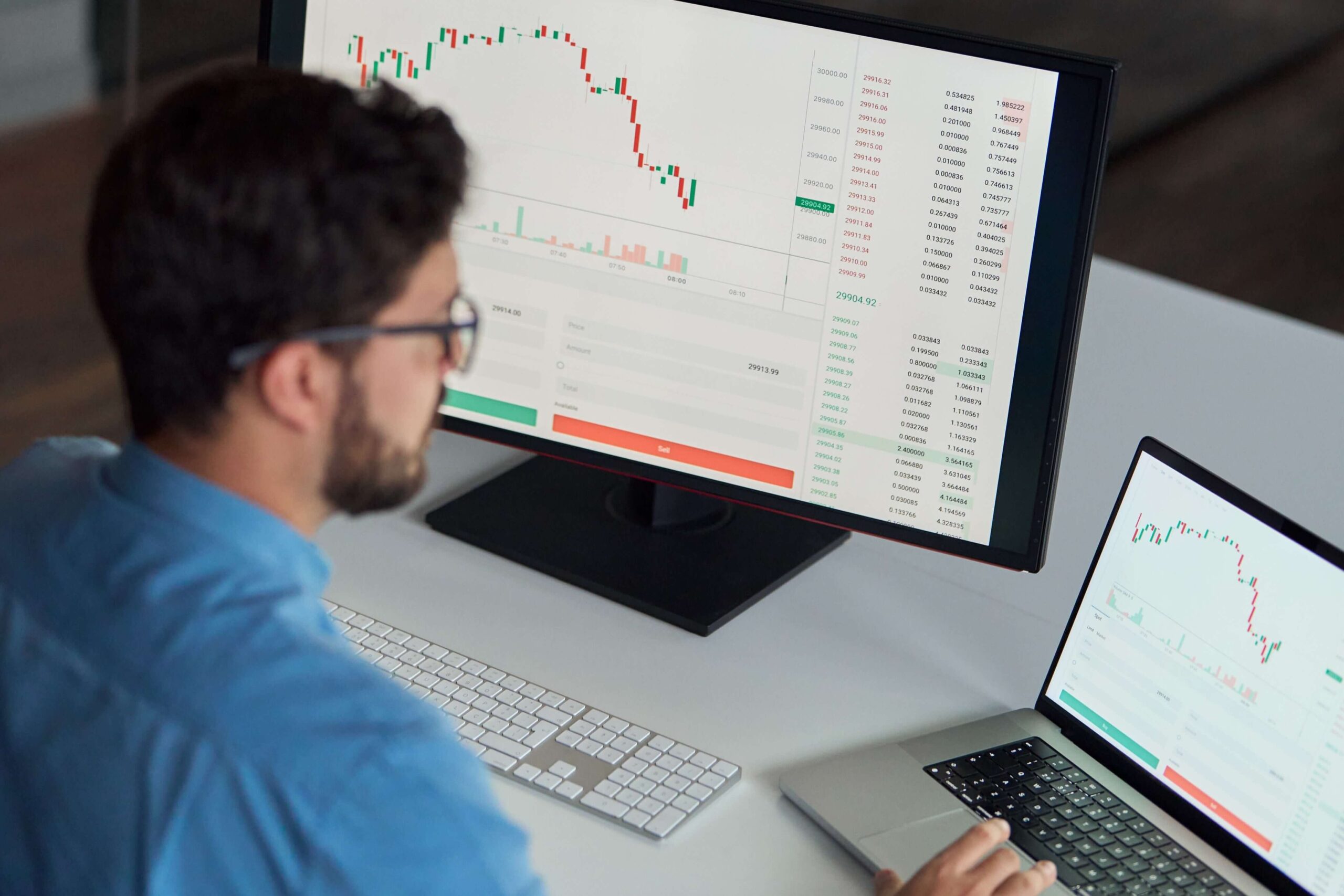«He visto cosas que vosotros no creeríais. Naves ardiendo más allá de Orion», etc. La cita del replicante Roy Batty en la película de 1982 Blade Runner sigue siendo una de las más inquietantes de la historia cinematográfica, en parte porque representa un viejo temor de la humanidad: que nuestras peores pesadillas sean el reverso de la moneda de haber conseguido hacer realidad nuestros deseos. En el caso que nos ocupa, una inteligencia artificial capaz de imitar a los humanos. Podría decirse que el vaticinio de Hampton Fancher y David Webb Peoples (escritores originales), para este mismo 2019, está todavía lejos de cumplirse. O quizá no lo está tanto.
En una publicación de prestigio como Strategy+Business hemos dado estos días con una joya respecto a la Inteligencia Artificial, el paso quizá más afilado y punzante de los procesos de Transformación Digital a los que asistimos cada día. No en vano, viene firmado por el líder global en la materia de una firma de tanto renombre como PwC, Anand Rao. El texto es una revisión en profundidad de hasta qué punto la IA (o AI, por sus siglas en inglés), es un vector de crecimiento, pero también de inquietudes, de proporciones nunca antes conocidas.
En concreto, y en un escenario macroeconómico en el que se vaticinan tiempos de retroceso en el futuro a medio plazo, Rao considera que la IA tiene el potencial de incrementar el PIB mundial en torno a un 14 por ciento para el año 2030, que puesto en cifras sería tanto como infundir 15,7 billones (15,7 trillions en el original en inglés), de dólares en la economía mundial. Es decir, un 15, seguido de un 7, seguido de doce ceros. Es decir, y para entendernos del todo, el equivalente a las tres cuartas partes del PIB de EEUU en el año 2017; o más de 10 veces el todo el PIB español en ese mismo año. Así que parece que mal hará quien no se preocupe por reclamar «su parte del pastel»; España, por cierto, no está entre los más de 20 países que ya cuentan con un plan estratégico nacional al respecto… si bien están en marcha algunos borradores.
«La inteligencia artificial (IA) presenta una oportunidad ilimitada, pero no sin riesgos y riesgos potenciales», afirma el autor. Una paradoja que viene dada porque entran en juego dos aspectos cruciales para las «democracias occidentales». Por un lado, dotar a las empresas nacionales de una ventaja sobre la competencias; pero or otro, proteger a la ciudadanía con un uso de la inteligencia artificial para el bien social. Es un «sí pero no», un apoyo a la innovación mientras se busca controlar el impacto de las tecnologías sobre la sociedad.
«En general, estas nuevas políticas describen cómo los gobiernos planean fomentar el desarrollo de la inteligencia artificial para alentar a las empresas nacionales a desarrollar soluciones que aumenten el PIB y ofrezcan una gran cantidad de beneficios sociales. Al mismo tiempo, abordan preguntas sobre seguridad, privacidad, transparencia y ética». En ese sentido, cabe mencionar el estudio elaborado por la propia consultora acerca de los efectos sociales y ambientales perjudiciales de la IA, a la vez que su proyección sobre el previsible impacto económico. No es que los estados estén confusos al respecto. Es que cualquier empresa, agencia o institución que vislumbre el fenómeno, tiene motivos de sobra para tratar de aclarar el horizonte. «Quizás ninguna otra tecnología emergente haya inspirado tanto escrutinio y discusión».
Por tanto, las políticas nacionales de inteligencia artificial tienen un importante recorrido por delante. No solo tienen como misión aumentar la competitividad doméstica y ayudar a las empresas a tener éxito, sino que deben estar orientadas a tratar determinadas preocupaciones que se consideran clave. Es algo que está presente en el día a día de cada vez más compañías que eligen ir de la mano de la IA, y que por eso mismo están necesitadas de la acción de los gobiernos como orientadores a la hora de mitigar estos riesgos. «Por ejemplo, pueden ayudar a garantizar la precisión y administrar el sesgo en los sistemas de IA y descubrir cómo lidiar con las consecuencias de la pérdida de empleos humanos debido a la mayor automatización», afirma el ejecutivo de la consultora.
El imperativo es insoslayable, y lo podemos encontrar en documentos como la 22ª Encuesta Global de CEOs, que es otro de los informes de PwC que merecen una lectura reposada y tranquila. En ella se estipula que 17 de cada 20 máximos directivos están de acuerdo en que AI «cambiará significativamente la forma en que hacen negocios en los próximos cinco años«, y es algo que para la mayoría de los encuestados traerá beneficios para la sociedad. Por ello mismo, más de dos tercios consideran que los gobiernos deben desempeñar «un papel fundamental e integral en el desarrollo de la AI».
«Los androides se agitaban impotentes al afrontar el test de medida de la empatía. Era obvio que la empatía sólo se encontraba en la comunidad humana». Cita de ¿Sueñan los androides con ovejas eléctricas?, la novela que inspira parcialmente Blade Runner.
Photo by Andy Kelly on Unsplash









